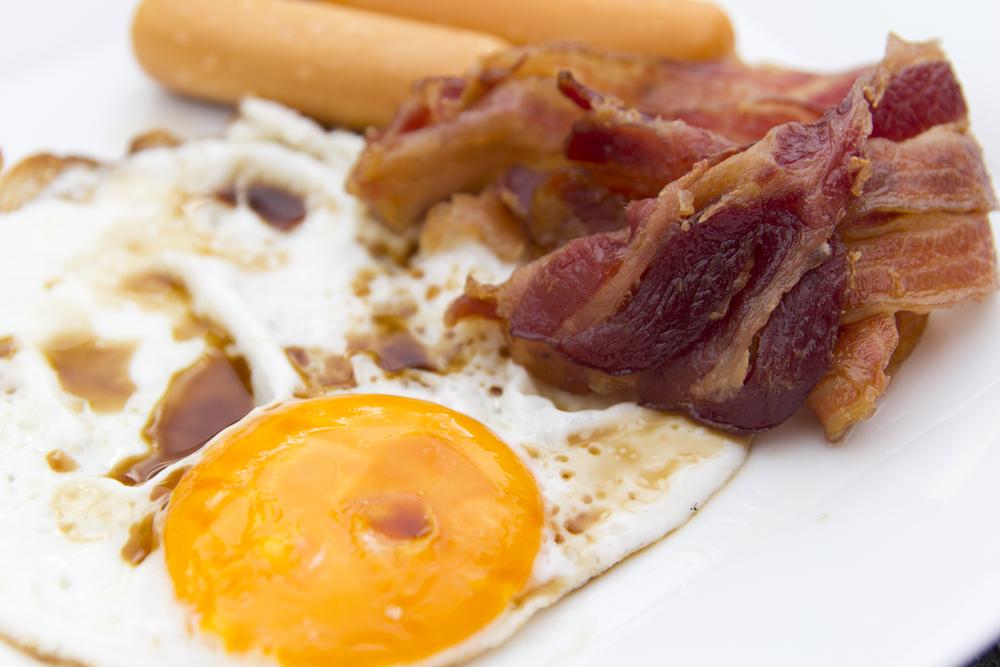
Foods to Avoid for Schizophrenia Patients
With medication, long-term therapy, cognitive behavioral therapy, lifestyle changes, and self-help techniques, patients can get more and more control over their emotions. Patients are taught many self-help techniques including being physically active, learn to manage stress, sleep well, and eat a healthy balanced diet. Equally, if not more important, is a list of what not to eat. While the list of foods to eat for schizophrenia is extensive, it is very important to note down the things that should not be consumed if you have schizophrenia.
Some of the food items that can aggravate schizophrenic symptoms are:
Gluten
Gluten is a key compound found in wheat. People who are sensitive to gluten are unable to digest it fully. The undigested gluten in the gut releases gluteomorphins, a chemical that enters the bloodstream. These chemicals, when they travel to the brain, affect the way we think and behave. This condition is also known as celiac disease. This can also lead to psychiatric symptoms. Apart from wheat, gluten is found in processed food. Though the effect of gluten in every patient with schizophrenia is not conclusive, doctors recommend a gluten-free diet as studies show long-term gluten consumption contributes to the worsening of symptoms. Remove wheat and its by-products from your pantry and replace it with whole grains like rice, buckwheat, millets, and quinoa. There are many healthy options available, which are as tasty as wheat.
Additives
Studies show that many patients with schizophrenia have higher levels of histamine in their bloodstream. Histamine is a chemical that assists in sending and receiving messages to the brain through our nervous stream. When the body produces more than the required amount of histamine or when one consumes food products that contain histamines (mostly found in food additives), the communication process is disturbed resulting in many mental health conditions. One has to avoid the following food that contains high levels of histamine:
- Fermented products
- Alcohol
- Dried fruits
- Avocado, eggplant, spinach
- Processed meat
- Aged cheese and
- Alcohol and fermented drinks like beer
High sugar foods
Most patients with schizophrenia by nature of the illness live sedentary lifestyles. Even though they are encouraged to be physically active many patients, particularly the elderly are not able to be as active as they would like to be. This results in weight gain and a high BMI can lead to diabetes and cardiovascular diseases. Their diet should avoid any food that will contribute to weight gain, increases their blood sugar levels or lead to cardiovascular diseases. Foods that have to be avoided are:
- High sugar desserts
- Fast food and junk food
- Candy, ice cream
- Carbonated and aerated drinks
- Processed foods
- Packaged foods
- Ready to eat meals
Foods high in trans fat and hydrogenated fat
Studies show that high amounts of refined sugar and fat particularly trans fat results in lesser production of brain-derived neurotrophic factor (BDNF). Low BDNF affects new neural growths and the effectiveness of neurotransmitters, which transmit signals to and fro from the brain to the nerves. Some of the foods that contain trans-fat and hydrogenated fat, which should be avoided, are:
- Fast food
- Pizza and burgers particularly the frozen ones
- Vegetable shortenings and margarine
- Bakery goods
Check the ingredients list in the package before buying it. Always consult the team of doctors and nutritionists before making any drastic changes to diet. While we always tend to focus on the foods to eat for schizophrenia, it is important to be mindful of all those food items that can aggravate your symptoms.



